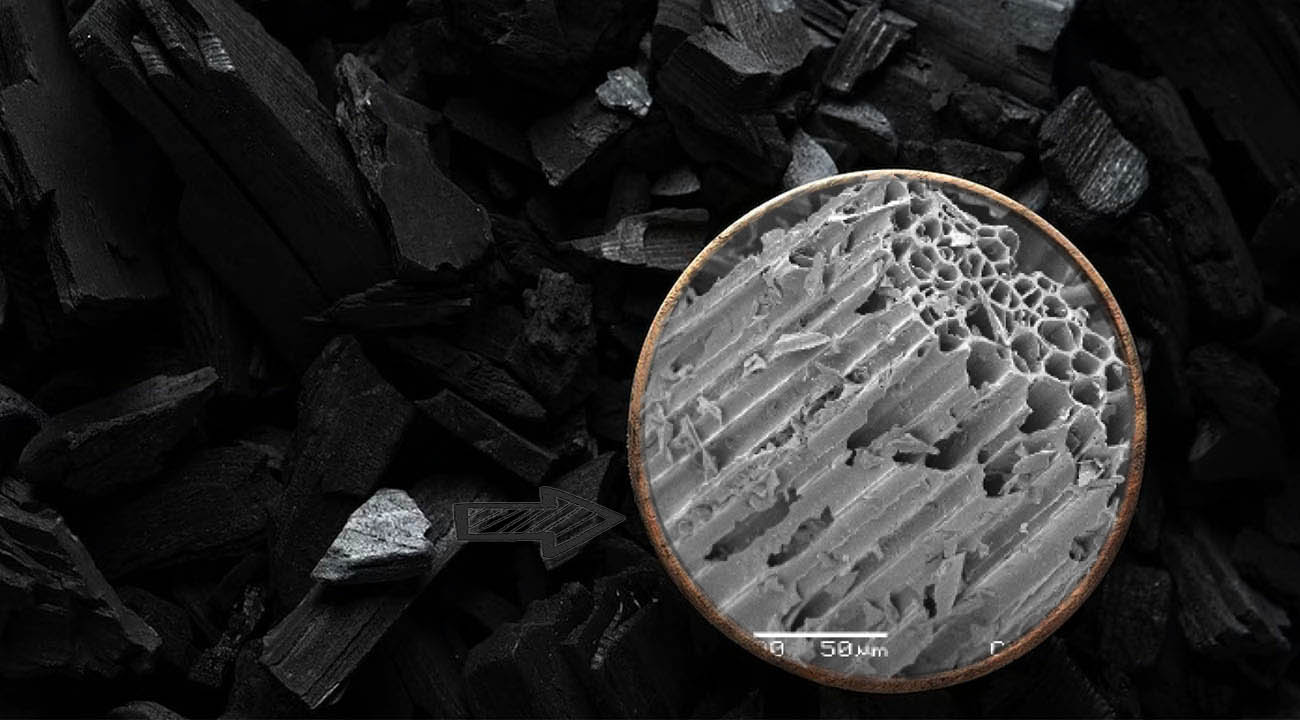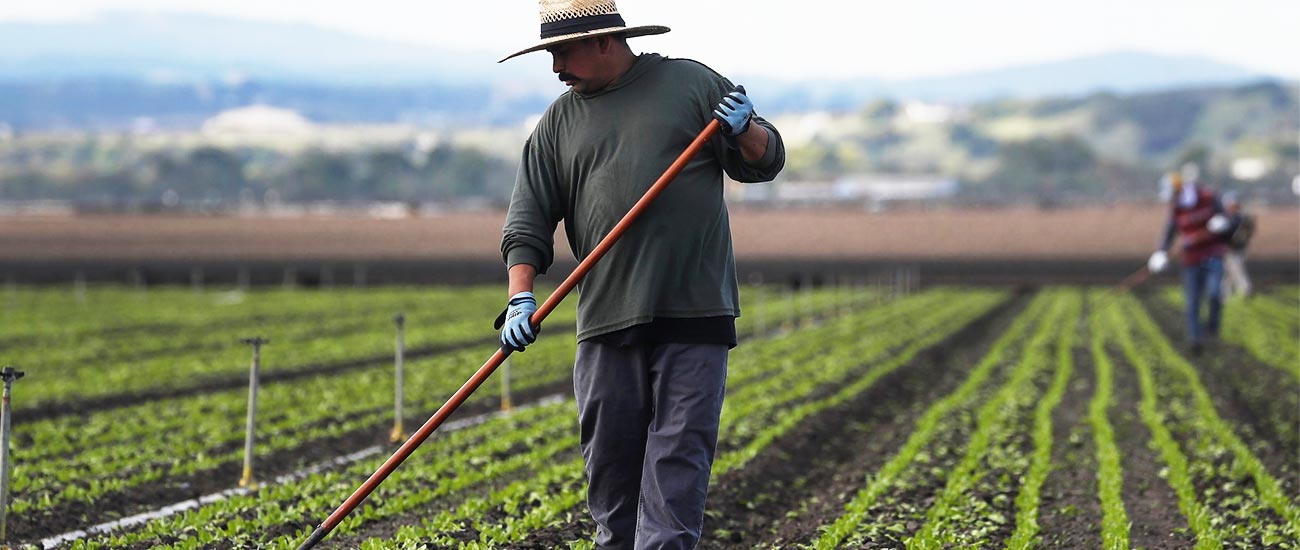In the realm of sustainable agriculture and soil rejuvenation, biochar fertilizer emerges as an invaluable asset. This seemingly ancient technique has reemerged in modern agricultural practices, wielding significant potential to transform soil health and productivity. Understanding the intricate dynamics of biochar fertilizer unveils its prowess in fostering enriched soil conditions and enhancing crop yields.
Unveiling the Essence of Biochar Fertilizer
Biochar from biochar machine —a carbon-rich, porous substance derived from organic materials subjected to high temperatures in an oxygen-limited environment—holds remarkable properties. When integrated into soil, it serves as a reservoir for nutrients and water, enhancing soil structure and fostering microbial activity. This biological diversity within the soil ecosystem profoundly impacts plant growth and overall soil fertility.

Harnessing Biochar for Soil Enrichment
The utilization of biochar as a fertilizer involves a strategic approach. Mixing it into the soil not only fortifies its water retention capacity but also promotes the retention of essential nutrients, preventing their leaching. This process significantly reduces the need for frequent fertilization, thereby contributing to sustainable agricultural practices while mitigating environmental impacts.
Moreover, the porous structure of biochar creates a conducive environment for beneficial microorganisms. These microorganisms play a pivotal role in nutrient cycling, enhancing plant nutrient uptake and bolstering soil fertility over time. Get high-quality charcoal with charcoal machine.
Benefits Galore: The Influence of Biochar Fertilizer
The incorporation of biochar into agricultural practices yields multifaceted benefits:
- Enhanced Soil Fertility: Biochar fertilizer acts as a long-term soil amendment, enriching it with essential nutrients and fostering microbial activity, thereby augmenting soil fertility.
- Improved Water Retention: Its porous structure aids in water retention, ensuring better hydration for plants, especially in arid or drought-prone regions.
- Reduced Environmental Impact: By reducing nutrient leaching, biochar helps in curbing water pollution caused by excessive fertilizer application.
- Carbon Sequestration: The production and integration of biochar contribute to carbon sequestration, mitigating greenhouse gas emissions and supporting climate change mitigation efforts.
Applications and Considerations
While the benefits of biochar fertilizer are substantial, its application requires thoughtful consideration. Factors such as feedstock type, production methods, and application rates significantly influence its effectiveness. Different crops and soil types may also respond diversely to biochar, necessitating tailored approaches for optimal results. Check the biochar pyrolysis equipment here.

Future Prospects and Concluding Thoughts
The significance of biochar fertilizer in sustainable agriculture is undeniable. Ongoing research and experimentation continue to unveil its potential across various agricultural landscapes. As we delve deeper into understanding its nuanced interactions with soil and plants, the future holds promising prospects for harnessing biochar’s immense potential in revitalizing soils and ensuring food security while mitigating environmental degradation.
In conclusion, the integration of biochar fertilizer represents a paradigm shift towards sustainable agricultural practices. Its multifaceted benefits in enhancing soil fertility, water retention, and environmental sustainability position it as a potent ally in fostering resilient and productive agricultural systems for the future. Embracing this ancient yet innovative technique heralds a path towards soil revival and agricultural sustainability. It is better for you to learn more about Beston Group.